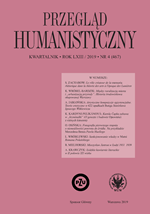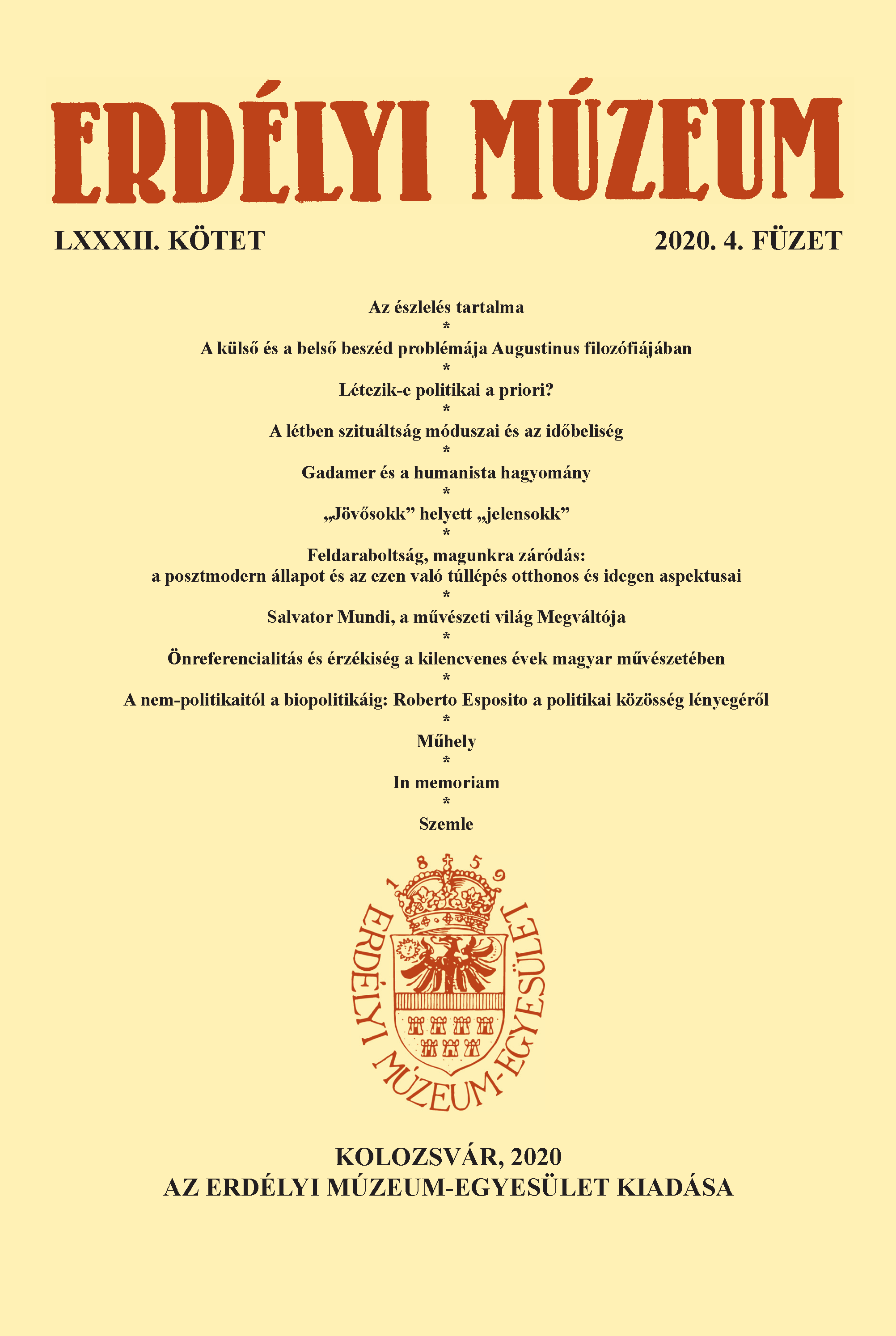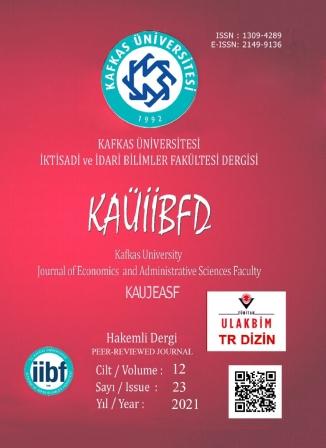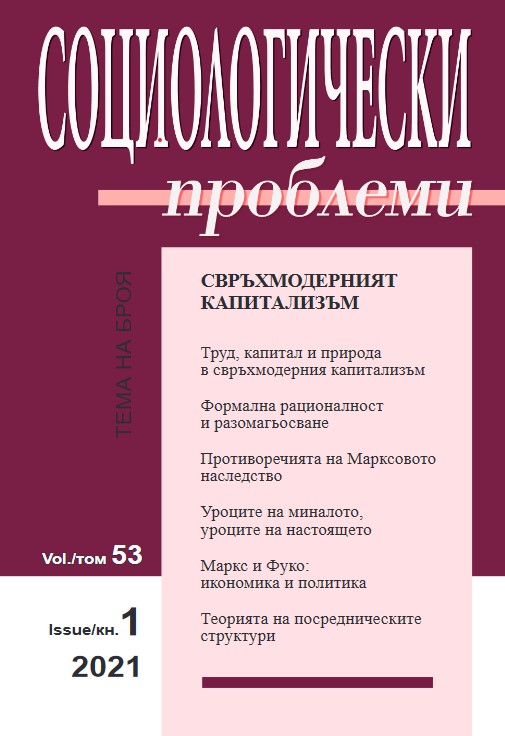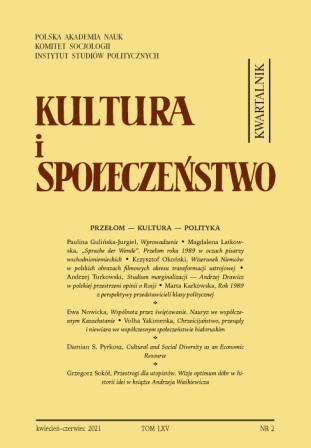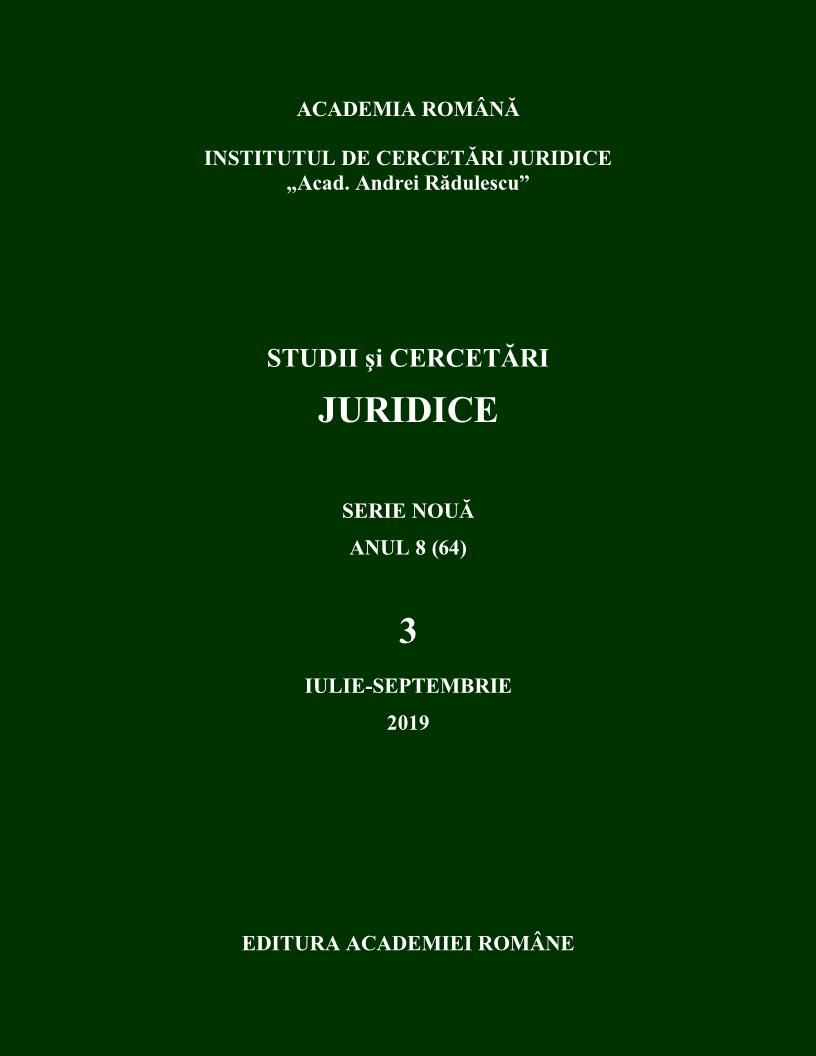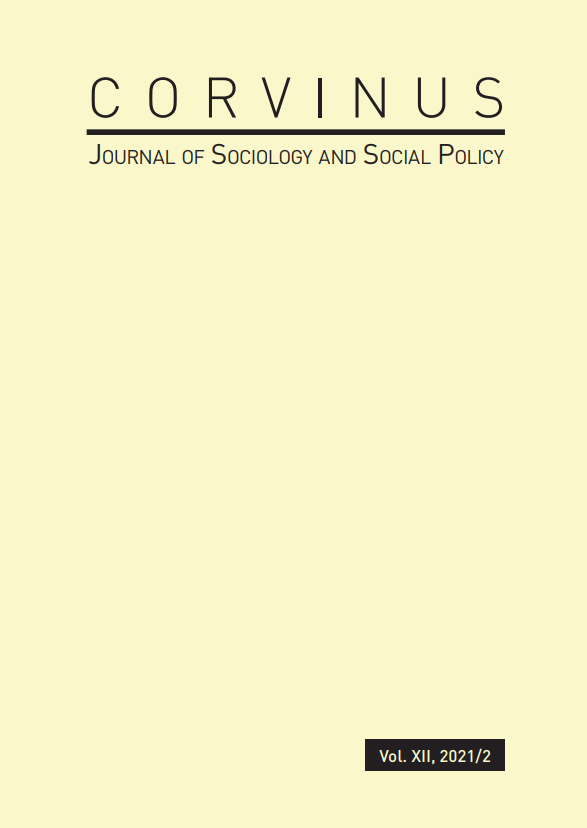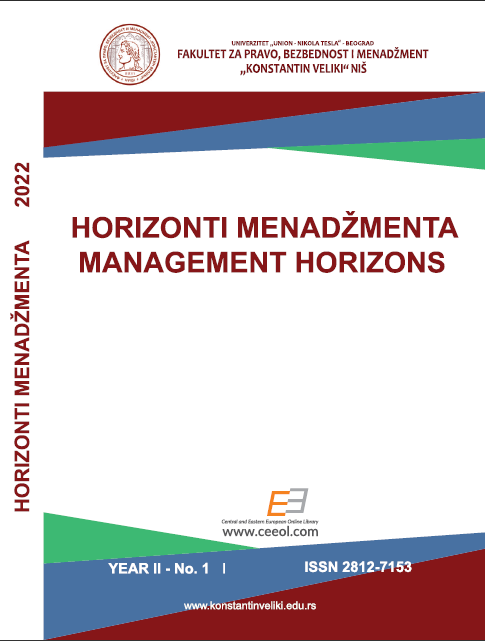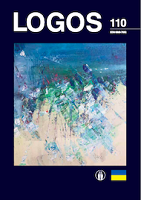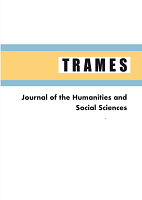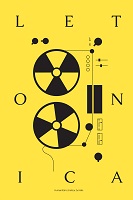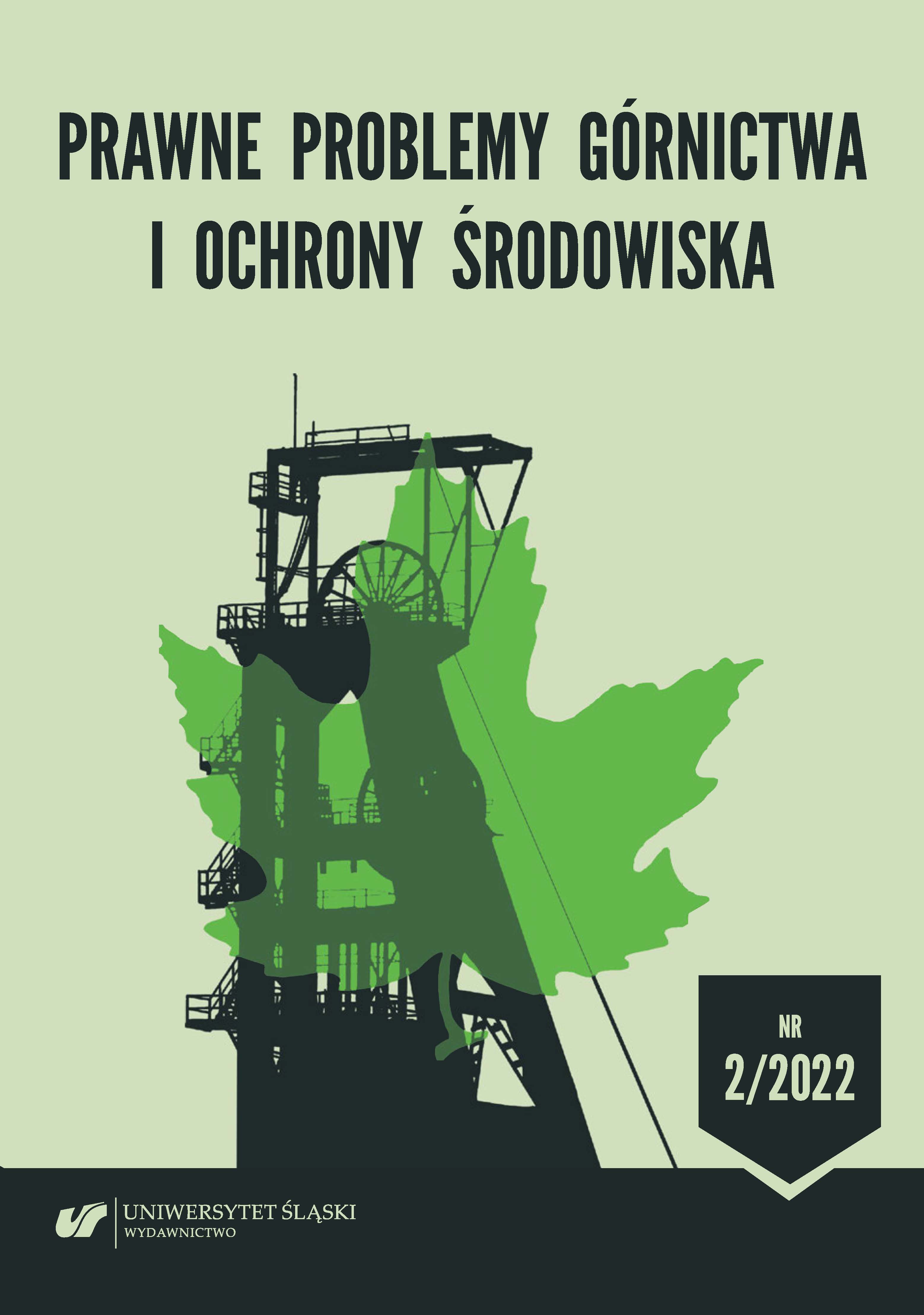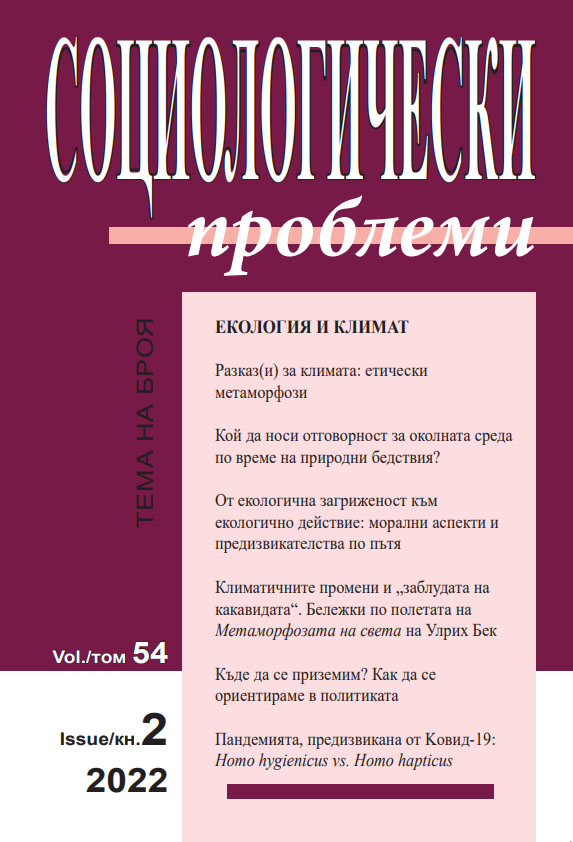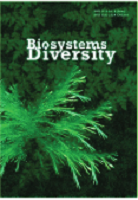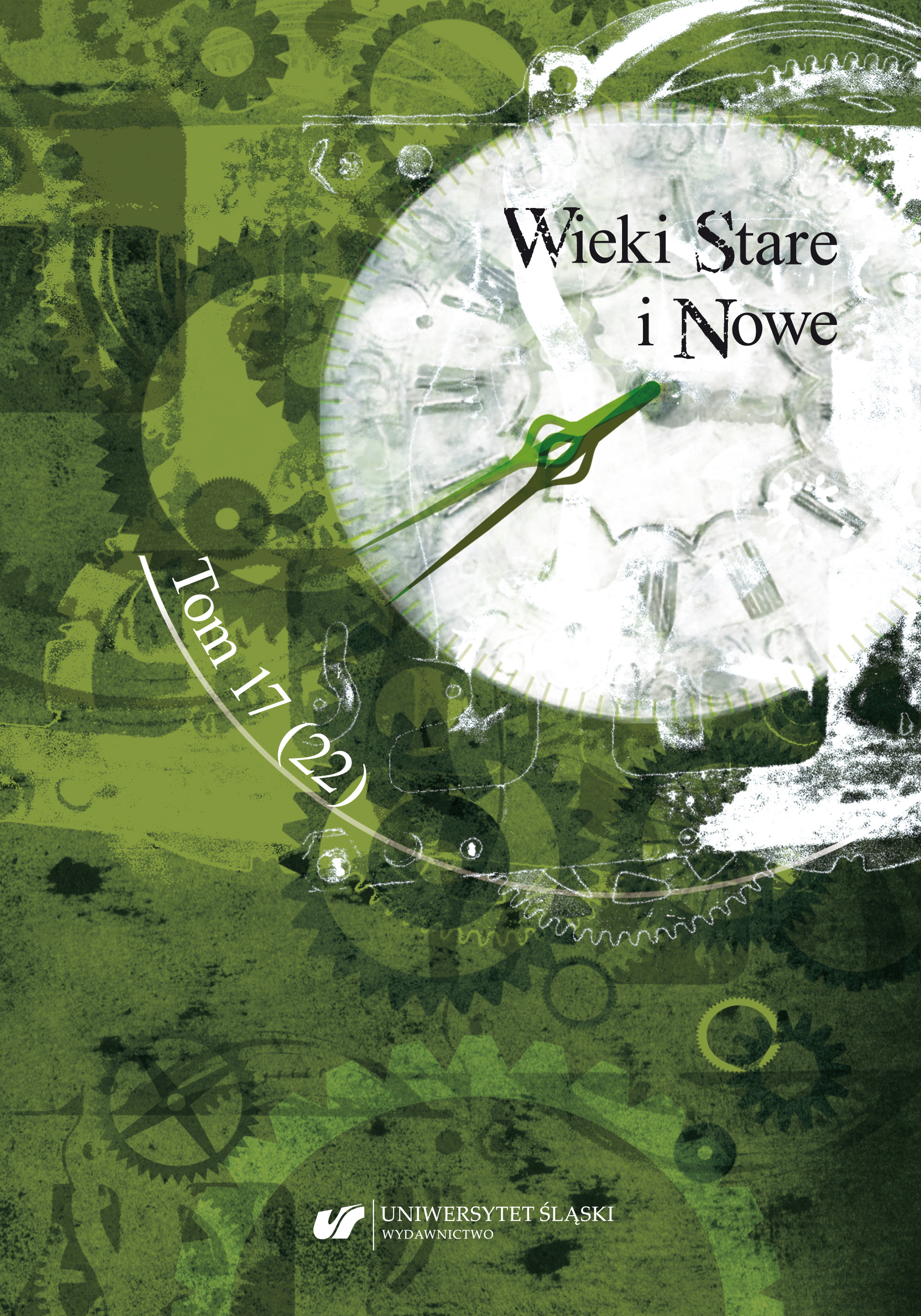Author(s): M. Elmalki,A. Ichen,M. Aarab,F. Mounir,M. El Mderssa,Y. Oularbi,A. Tajdi,S. Moukrim,L. A. Ouzzaouit / Language(s): English
Issue: 3/2022
Forest resources in the Ourika watershed are subject to several anthropogenic and climatic degradation factors. As for the human factor, this degradation of forest resources is explained by the bad practices exercised by the local population expressed by the cutting of live wood, carbonization, and overgrazing. In terms of the climatic factor, the decrease in the amount of rainfall and the increase in temperature contribute to the exacerbation of the degradation of these resources. In order to better understand the evolution of plant cover in a changing climate context, this study highlights an assessment of the impact of climate change on forest dynamics based on a process-based model at the forest landscape scale which makes it possible to simulate the changes according to growth, succession, disturbances (fire, wind, insects, etc), forest management, and land use change. This analysis is based on the use of the LANDIS-II model and the PnET-succession extension. Projections of the dynamics of forest communities are made using climate projections from the Japanese global circulation model adopted by Morocco (model for interdisciplinary research on climate – earth system models) and this by adopting the two climate scenarios , representative concentration pathways 4.5 and 8.5. The results obtained highlight the spatial distribution of the ecosystems studied after 100 years with a quantitative evaluation of the total average biomass of these resources as a function of climatic disturbances. In general, the estimated total biomass will decline over the coming years under the joint effect of the climate change and the aging of forest stands, while on the other hand, the distribution of potential areas for species settlement remains independent of the effect of these climate changes.
More...
